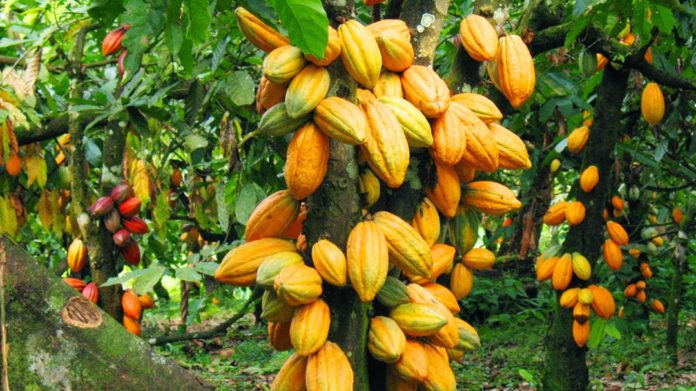
The European Union’s Commissioner for Environment, Oceans, and Fisheries, Virginijus Sinkevičius, has underscored the significance of the EU’s newly implemented traceability policy, stating that it mandates that cocoa products entering the European market are sourced from areas free of deforestation or land degradation.
Mr. Sinkevicius emphasized that the traceability policy legislation is a crucial measure aimed at safeguarding the environment. He highlighted the necessity of ensuring that all products imported into the EU adhere to traceability standards and comply with environmental regulations.
“The discussion went on for quite some time because we adopted legislation two years ago and two years were given for a transition period, so now we are aiming to have the legislation running since the beginning of the next year,” Mr. Sinkevicius explained.
Ghana, a major cocoa producer, will be affected by this policy as over 60 percent of its cocoa exports currently head to the European market. The EU’s requirement demands evidence that Ghanaian cocoa does not originate from recently deforested land or contribute to forest degradation.
However, the EU Commissioner clarified that the legislation applies universally and is not directed at any specific country. He emphasized that the policy targets commodities globally to combat deforestation.
Mr. Sinkevicius stressed that the intention behind the legislation is not punitive but rather aimed at environmental protection. He highlighted the EU’s acknowledgment of its consumption patterns’ role in driving deforestation and emphasized the responsibility to ensure that supply chains for commodities entering the EU are free from deforestation.
“Our consumption pattern is one of the reasons that drive deforestation, therefore, this step by the EU is taking responsibility for our consumption pattern and ensuring that the supplier chain through which certain commodities reach the EU is free of deforestation,” Mr. Sinkevicius concluded.
MORE:
